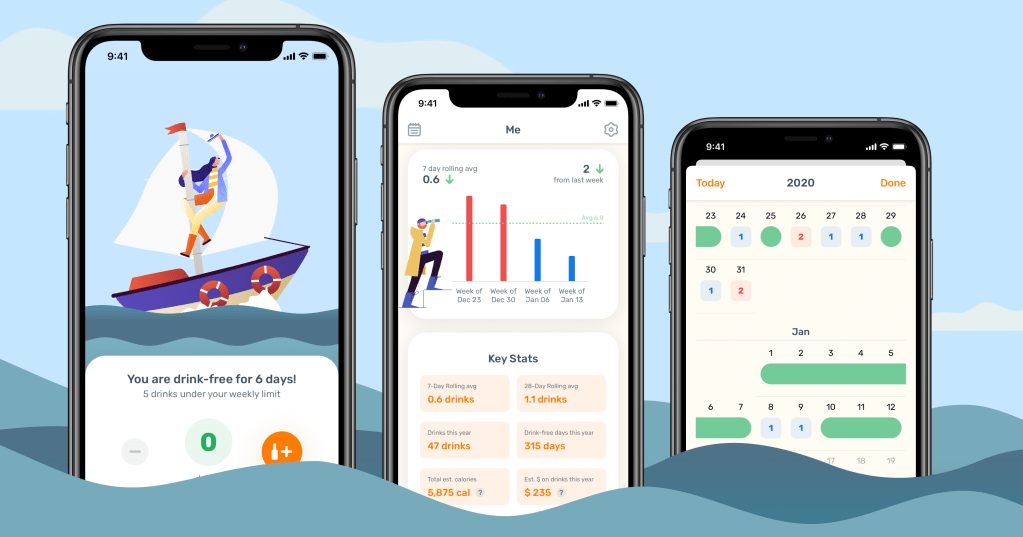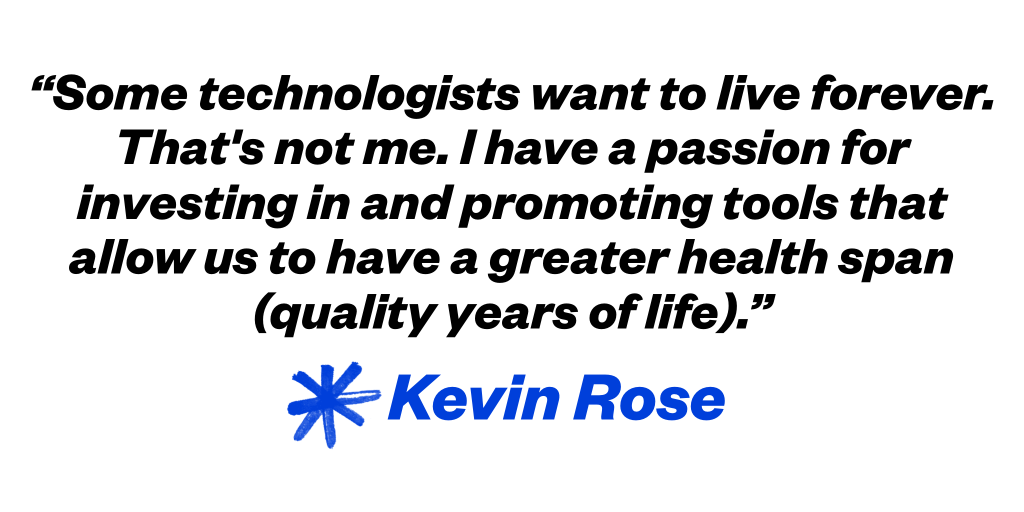The Why Behind Wellness Apps: An Interview With Kevin Rose
By The True Team, January 14, 2020
Companies focused on wellness and personal betterment have been part of the heartbeat of True since the early days, beginning with Fitbit in 2008. Around that time, we began to see the hardware revolution unfold, both in terms of sensor-driven technology and health-based wearables that gave us – for the first time – direct and immediate insight into the rhythm of our bodies.
Since then, we’ve partnered with founders using science and technology to improve all types of care — cardiovascular, mental health, and more. Many True team members have played important roles in fostering these partnerships, and in recent years we’ve had the pleasure of working with Kevin Rose, not only as a founder of startups we’ve backed but as a True partner on our investment team as well.
Kevin lives and breathes wellness and mindfulness practices and has an insatiable curiosity for technology that, as he puts it, focuses on increasing health span (quality of life) so the moments we do have on this planet are more meaningfully lived.
Given our recent wave of investments in companies that enable wellbeing, including Jour, the exciting apps produced by Big Sky Health, and even Sweetgreen, we interviewed Kevin to hear his thoughts on “the why” behind wellness apps.
Here, he explains how a simple spreadsheet used to casually track alcohol intake with friends led to the creation of Mike Maser’s recently launched app Less, which you’ll want to download if you’re looking for an exercise in moderation in 2020.
![]()
The term “wellness” has become broad and ambiguous in technology. What do you consider it entailing, and which types of tools excite you most from an investment perspective?
KEVIN: When I think of wellness as applied through the lens of technology, it’s both leveraging technologies to create or reinforce healthy habits, as well as to understand our bodies in real-time.
I’m attracted to closed-loop systems, meaning products that produce actionable insights; these insights are then applied by the user and fed back into the system for further analysis. A simple example of this would be a heart-rate monitor that indicates a lack of sleep or overtraining via heart-rate variability. A user would then know to take it easy that day for optimal recovery.
The next decade will produce many more devices and companies that provide these insights on a variety of fronts, leading to interventions and healthier decisions. Gone will be the days of once-a-year physicals and blood draws, as information will be produced and shared by the minute.
Why do you think we’re seeing an increasing number of wellness apps now?
KEVIN: I believe the trend is being driven by consumers, with the idea of using technology to live the best version of yourself.
One of the trends we’re seeing is the opening up and confronting of mental health issues. Millions of people are turning to apps to assist them with guided journaling, meditation, coaching, or working directly with an online psychologist. We’re slowly seeing a shift from this being a taboo topic to people openly communicating what works for them.
On the data side, expect the next decade to produce low-cost sensors that create a true dashboard of our health. Today we can measure glucose, heart rate, heart rate variability (HRV), blood oxygen, sleep stages, circadian rhythm, and a few other metrics. I think this will expand into a whole range of biomarkers.
Who is doing amazing things in wellness right now?
KEVIN: Studies have confirmed the power of journaling for mental health. Jour, a True company, is making this process easier by creating guided, step-by-step support through a wide array of challenges. These include dealing with anxious feelings, making a necessary life change, and feeling a little more day-to-day gratitude.
I’ve also spent the last few months working on a new product with Mike Maser from Big Sky Health, also a True company and maker of Zero, the app for intermittent fasting (a health practice that’s been on the rise in recent years).
Mike just launched a new app for mindful drinking, called Less. The app allows you to record your alcohol consumption and serves you tips for consuming less more regularly.

Why is technology the right conduit for helping us live healthier? Is it?
KEVIN: Technology is a vicious double-edged sword. When used irresponsibly, especially around social-media consumption, there are real symptoms of withdrawal. For that reason, I pay close attention to my media consumption and will do so for my young daughters.
On the flip side, technology can be a fantastic driver of healthy habits. Game-like leaderboards and badges encourage me to outperform my personal best when riding my Peloton, or keep my streak going while meditating.
You’ve founded several companies that promote wellbeing. What initially drew you to this space?
KEVIN: Most of my products begin with a personal desire to use a product that doesn’t exist. The fact that there wasn’t an app to help me track my fasting led me to the initial creation of Zero, and a simple spreadsheet I used to track my drink consumption led Mike and I to brainstorm the creation of Less.

Are there any other tech-enabled wellness trends you see on the horizon?
KEVIN: Scientists are now starting to understand the function and importance of sleep. This has been driven in large part by the work of Matt Walker at UC Berkeley. He has a somewhat frightening TED talk on the subject. I’m obsessed with sleep hygiene and have tested over a dozen devices that track and improve sleep. Some of the wearable devices I’m currently using include:
Oura: a ring that tracks the stages of sleep, HRV, and RHR
Dreem: an EEG that tracks sleep
Whoop: a band for tracking sleep, HRV, and RHR
Philips SmartSleep Deep Sleep Headband: tracks sleep stages and promotes deep sleep
Garmin Watches: track stages of sleep, oxygen while sleeping, HRV, and RHR
In terms of True companies, Ann Crady Weiss’ Hatch makes several products that help kids and adults sleep better. And we’ve invested in a sleep science company (still stealth for now) that we’re excited to support as well. We look forward to seeing where all of these founders lead us — hopefully to healthier, happier versions of ourselves.

